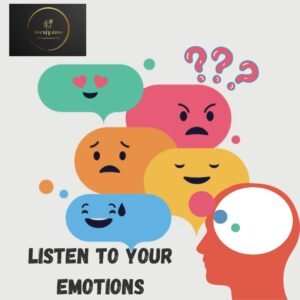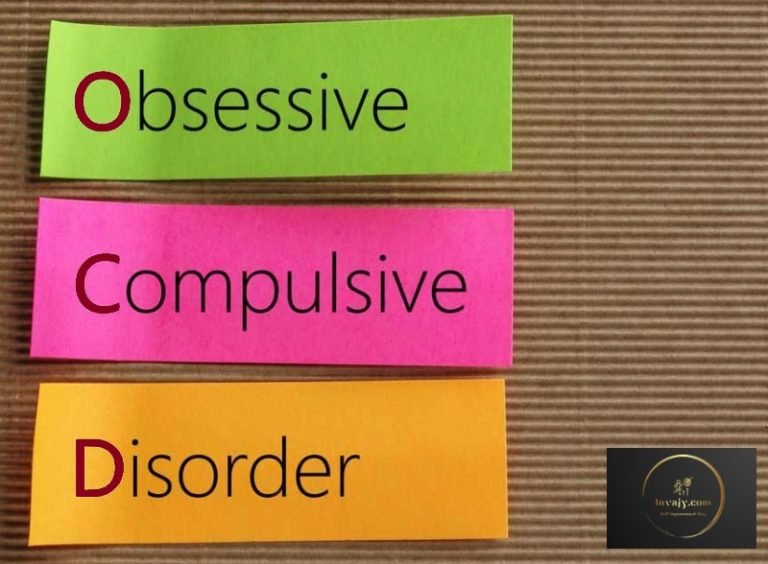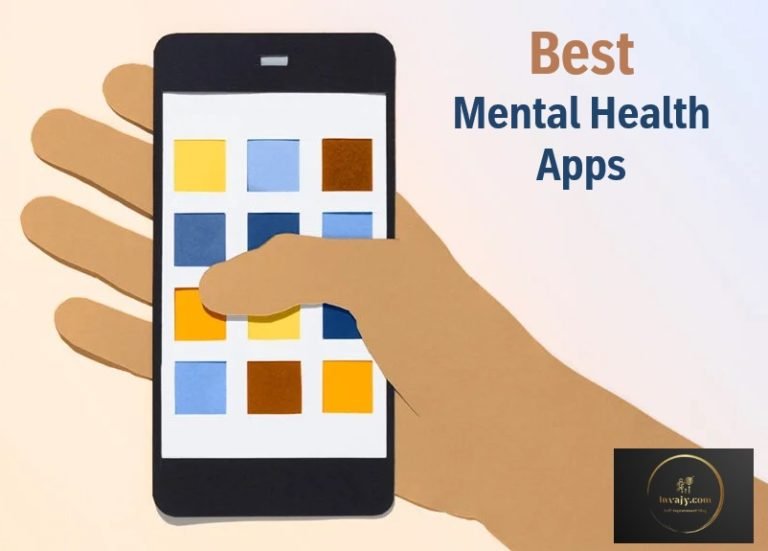Why You Should Listen to Your Emotions?
Ever felt overwhelmed by your emotions and wondered if they’re just getting in your way? Learn how to manage your emotional experiences and lead to a more authentic and balanced life.

Each one of us lives differently, comes from different families, have different backgrounds, and belongs to different cultures. In this vast medleys of human experience, emotions are the threads that weave our stories together. We all have a wide range of emotions. Some things make us angry, some nostalgic and some make us choke with laughter. Every emotion has its place – even the emotions we often consider ‘bad’ ones – we need all of them. Your emotions always have something to say! That’s why listen to your emotions very carefully. Yet, in the pursuit of reason and logic, most of us often overlook and ignore the emotions.
Emotions are like waves, ebbing and flowing with the tides of your day-to-day experiences. You can’t stop them from coming, but you can learn how to surf them! For doing that you should mindfully listen to your emotion. Without your emotions, you would not be yourself. By accepting all emotions as a part of yourself, you will be able to accept yourself the way you are.

Benefits of Listening to your Emotions
Here are the reasons why the emotions are important in your life. You must acknowledge your emotions.
Authenticity and Self-Expression
Emotions are the language of your soul, expressing your deepest truths and desires. When you listen to your emotions, you honor your authentic SELF, allowing your innermost feelings to find expression. Whether it’s joy, sadness, anger, or fear, each emotion carries a message waiting to be heard.
Insight and Self-Awareness
Your emotions serve as mirrors, reflecting back to you your own thoughts, beliefs, and values. By paying attention to your emotional responses, you gain valuable insights into your inner world. This self-awareness empowers you to make choices that align with your true SELF, leading to greater fulfillment and authenticity.
Connection and Empathy
Emotions are a universal language that transcends cultural and linguistic barriers. When you listen to your emotions, you become more attuned to the feelings of others, fostering empathy and connection. By recognizing and validating the emotions of those around you, you build deeper, more meaningful relationships.
Makes You a Better Decision Maker
Emotions play a crucial role in the decision-making process, guiding you towards choices that resonate with your deepest desires. Several times you fail to recognise your emotions and then may take decisions that can be unfavourable. While logic has its place, intuition—a product of emotional intelligence—often leads you down unexpected but fulfilling paths. By trusting your emotions, you tap into a wellspring of wisdom that transcends rational analysis. Understanding emotions leads to better decision-making and definitely better outcomes.
Negate Negative thoughts
Not noticing and acknowledging unfavourable emotions can lead to negative thoughts and negative perception in general. Beck’s Cognitive Triad states that depressed people have negative and hopeless thoughts about themselves, their experiences in the world, and about the future. Negative emotions fostered this way can lead to self-doubt and depression.

Physical and Mental Well-being
Emotions are intricately linked to your physical and mental health. Chronic stress, for example, can wreak havoc on your bodies, leading to a range of health problems. By listening to your emotions and addressing underlying stressors, you can promote overall well-being and resilience.
Creativity and Innovation
Emotions are the fuel for creativity, inspiring artistic expression, problem-solving, and innovation. When you embrace your emotions, we tap into a wellspring of creativity and intuition, enabling you to approach challenges with fresh perspectives and unconventional solutions.
How to Manage Your Emotions?
Managing emotions effectively involves understanding them, recognizing their triggers, and employing strategies to cope with them constructively. Here are some steps to help you manage your emotions:
Identify Your Emotions
Taking a moment to check in with yourself about your mood can help you begin gaining back control. Whenever an intense feeling or emotions starts gaining control over you, Interrupt yourself by asking:
- What am I feeling right now? (angry, sad, anxious, or happy)
- Try to understand why you’re feeling a certain way? (due to an incident, a place or a person)
- What do I want to do about these feelings? (Scream, vent my frustration by throwing things, react in impropar way)
- Is there a better way of managing these feelings? (Ignore, practice relaxation technique, go for a walk or run.)
Introspecting and asking question to self not only give the required pause to mitigate the instant reactions, also helps you to accept the feelings and plan for the coping strategies.
Keep a Mood Journal
Writing down your emotions and the responses they trigger can help you find out any disruptive patterns. Sometimes, it’s enough to mentally trace emotions back through your thoughts. Just note down the situation, person or place which trigerred the emotions, type of emotions or feelings and resposes provoked in your mind. Putting such details onto mood journal can allow you to reflect on feelings more deeply. Journaling provides the most benefit when you do it daily. Keep your journal with you and jot down intense emotions or feelings as they happen.
Accept Your Emotions
It’s important to accept that it’s okay to feel a range of emotions, including negative ones. Don’t judge yourself for feeling a certain way; instead, acknowledge and accept your emotions as valid. All too often, we label emotions as “negative” or “bad.” This can create an added layer of shame or guilt when you’re already feeling emotionally charged.
Rather than judging your emotions, accept them and approach your feelings from the place of curiosity. Look at them with an “observer” mindset, or the state of allowing feelings to ebb and flow, like the tide. Accepting emotions as they come helps you get more comfortable with them. Increasing your comfort around intense emotions allows you to fully feel them without reacting in extreme, unhelpful ways.
Practice Mindfulness
A 2019 study reported that a daily meditation practice of 13 minutes for 8 weeks helped improve peoples’ mood and emotional regulation, among other benefits. Mindfulness techniques, such as deep breathing, meditation, or yoga, can help you stay present and calm in the face of strong emotions. These practices can also help you observe your emotions without becoming overwhelmed by them. If meditation isn’t your thing, you can also look into yoga, tai chi, gardening, or forest bathing as a resource.

Set Boundaries
Establishing healthy boundaries in your relationships can help prevent situations that trigger strong negative emotions. Learn to say no when necessary and prioritize your own well-being.
Practice Self-Care
Taking care of yourself physically, emotionally, and mentally can help you better manage your emotions. Make sure you’re getting enough sleep, eating well, exercising regularly, and engaging in activities that bring you joy.
Give Yourself Some Space
Getting some distance from intense feelings can help you make sure you’re reacting to them in reasonable ways. This distance might be physical, like leaving an upsetting situation or a place, for example. But you can also create some mental distance by distracting yourself.
While you don’t want to block or avoid feelings entirely, it’s not harmful to distract yourself until you’re in a better place to deal with them. Just make sure you do come back to them. Healthy distractions are only temporary.
Develop Coping Strategies
Identify coping strategies that work for you. This could include going for a walk, listening to music, practicing relaxation techniques, or engaging in physical exercise. Experiment with different strategies to see what helps you feel better.
Seek Professional Help if Needed
If your emotions continue to feel overwhelming, you don’t have to go through this alone. When you find it difficult to manage your emotions or they may significantly impacting your daily life, consider seeking help from a mental health professional. They can provide you with personalized support and guidance. Long-term or persistent emotional dysregulation and mood swings are linked to many mental health conditions, including borderline personality disorder and bipolar disorder. Trouble controlling emotions can also relate to trauma, family issues, or other underlying concerns, Botnick explains.
Remember, managing emotions is an ongoing process, and it’s okay to seek help when you need it. Be patient with yourself and practice self-compassion as you navigate your emotional journey.






